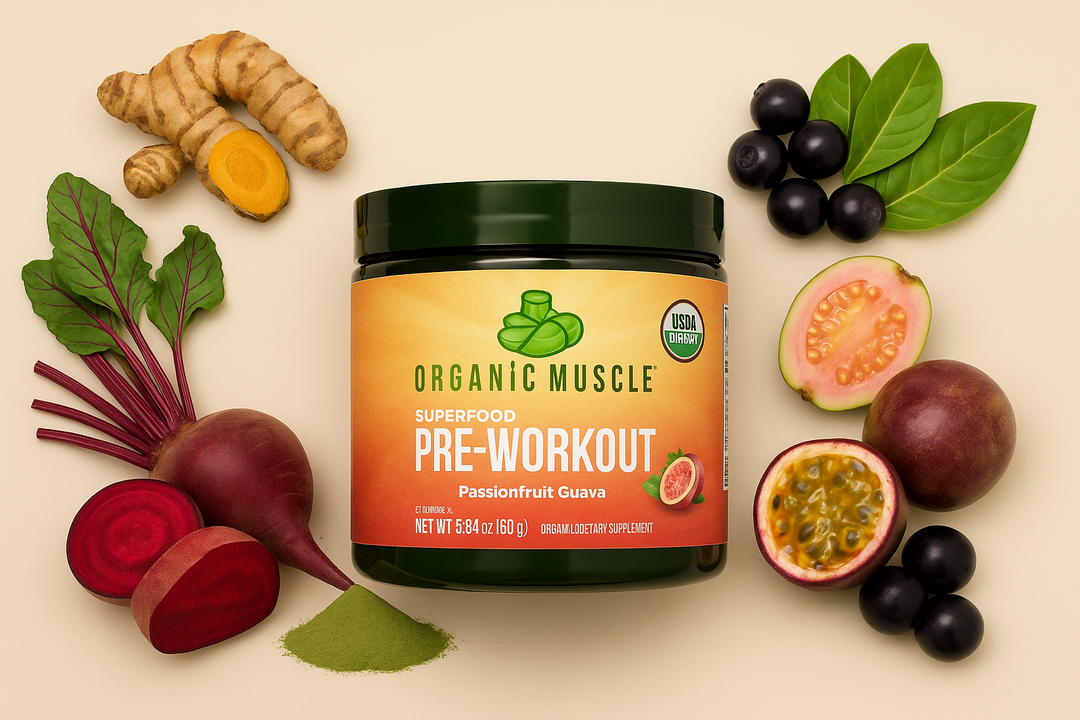Testosterone Replacement Therapy (TRT) vs. Tongkat Ali and Natural Practices
When it comes to managing low testosterone levels, the conventional go-to solution has been Testosterone Replacement Therapy (TRT). However, emerging evidence suggests that natural alternatives like Tongkat Ali and lifestyle practices might offer effective and safer solutions. Let's explore the facts and see how these natural options stack up against TRT.
The Case for TRT
Testosterone Replacement Therapy (TRT):- TRT is often prescribed to men with clinically low testosterone levels, and it has been shown to improve muscle mass, bone density, libido, and mood. However, TRT is not without its downsides. Potential side effects include an increased risk of cardiovascular disease, prostate issues, and erythrocytosis (increased red blood cell count) . These risks make many seek safer, natural alternatives.
Tongkat Ali: The Natural Testosterone Booster
Tongkat Ali (Eurycoma longifolia):- Study on Sexual Health and Hormone Balance: A study published in the Journal of the International Society of Sports Nutrition found that Tongkat Ali supplementation significantly improved testosterone levels and reduced cortisol levels in stressed subjects. This suggests its potential as a natural testosterone booster without the harmful side effects associated with TRT .
- Muscle Strength and Body Composition: Research published in the British Journal of Sports Medicine indicated that Tongkat Ali could improve muscle strength and body composition, offering benefits comparable to TRT . This makes it a compelling option for those looking to enhance their physical health naturally.
Other Natural Practices for Boosting Testosterone
- Exercise: Regular physical activity, especially resistance training, has been shown to naturally boost testosterone levels. A study in the European Journal of Applied Physiology highlighted the positive effects of strength training on hormone levels in men . Incorporating regular exercise into your routine is a proven strategy for maintaining healthy testosterone levels.
- Diet: Consuming a diet rich in healthy fats, such as those found in avocados, nuts, and olive oil, can support testosterone production. A study in the Journal of Clinical Endocrinology & Metabolism demonstrated the relationship between dietary fats and testosterone levels . Eating right is crucial for hormone health.
- Sleep: Adequate sleep is essential for hormone regulation. Research from the Journal of the American Medical Association showed that sleep deprivation could significantly lower testosterone levels in healthy young men . Prioritizing sleep can have a substantial impact on maintaining optimal testosterone levels.
- Stress Management: High cortisol levels due to chronic stress can negatively impact testosterone. Practices like meditation, yoga, and mindfulness can help manage stress and promote hormonal balance. A study highlighted in PubMed emphasized the bidirectional relationship between cortisol and testosterone.
By considering these natural alternatives and lifestyle changes, you can support your testosterone levels without the potential risks associated with TRT. Whether it's through supplementation with Tongkat Ali, regular exercise, a nutritious diet, adequate sleep, or effective stress management, these natural practices offer a holistic approach to maintaining hormonal health.
Sources:
- Mayo Clinic: Testosterone therapy: Potential benefits and risks as you age
- PubMed: Testosterone replacement therapy and cardiovascular risk
- Journal of the International Society of Sports Nutrition: Effects of Eurycoma longifolia on stress hormones and psychological mood state in moderately stressed subjects
- British Journal of Sports Medicine: Eurycoma longifolia Jack (Tongkat Ali) in improving muscle strength and body composition in middle-aged men
- European Journal of Applied Physiology: Effects of resistance training on testosterone levels in men
- Journal of Clinical Endocrinology & Metabolism: Dietary fats and testosterone levels
- Journal of the American Medical Association: The effect of 1 week of sleep restriction on testosterone levels in young healthy men
- PubMed: Cortisol and testosterone: Bi-directional mechanisms in human stress response












